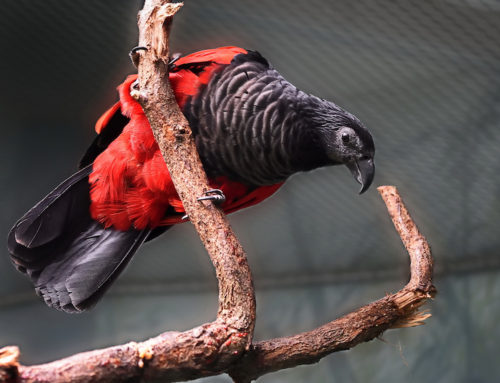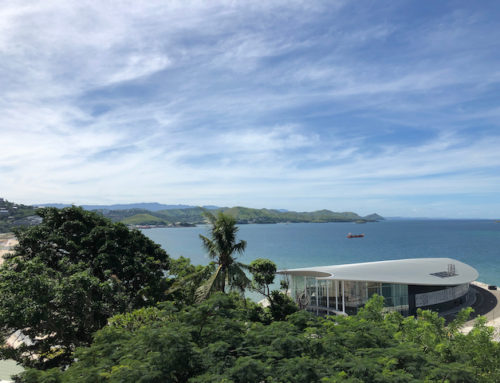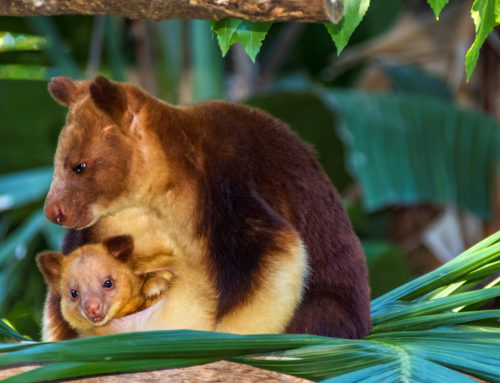History of the Kuk Swamp
Thursday, 26 November 2020
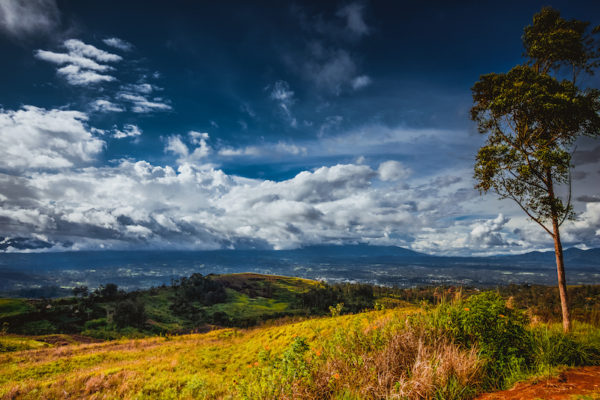
Papua New Guinea has long had a reputation as one of the last frontiers of western exploration and a place rich in diverse culture.
But behind its image of remote, rugged landscapes and long-held traditions, the country also happens to lay claim to some of the oldest developed agricultural practices in the world.
In the Western Highlands lies the Kuk Valley – a place that has only recently been officially declared a World Heritage site due to its significance as home to 10,000 years of agriculture.
A history of the remote highlands
Papua New Guinea’s remote Western Highlands were one of the final frontiers when it came to western exploration.
Rugged, isolated and near inaccessible, it was long thought this region encompassed a single mountain chain and was uninhabited.
When explorers finally ventured into the region in the early 1930s, a whole different world was revealed.
There, they discovered a complex region of valleys and basins where established gardens were tended to by a large population of people.
Among these valleys is the upper Waghi Valley near Mt Hagen. And it’s here, 1600m above sea level, that a world-renowned archaeological site was found.
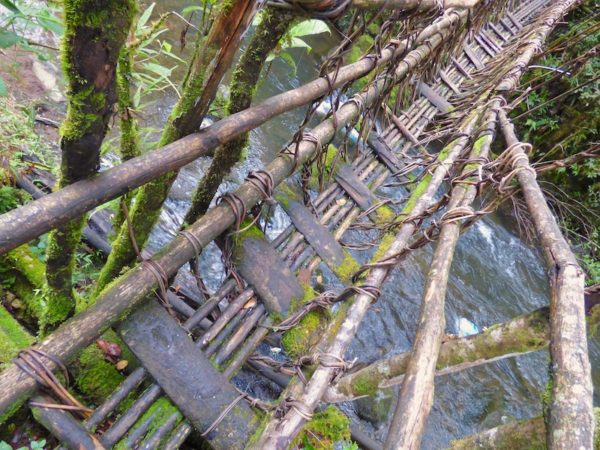
The Kuk Swamp
As explorers ventured further into the region, they soon realised a rich history of agriculture had been established long before them, with the Waghi Valley’s Kuk Swamp a site of incredible significance.
The swamp sits in a former lake basin and archaeological digs soon unearthed drainage systems, postholes and runnels that date back over 9000 years.
It became evident the people of the region had been growing taro, using complex drainage systems and cultivation methods involving digging, planting, and tethering plants.
Further archaeological investigation then revealed the region had also been a site for banana and sugar cane cropping between 6900 and 6400 years ago, while digging stones, grind stones and other small items were also discovered.
The findings made the Kuk Swamp one of the earliest sites in the world for developed agriculture.
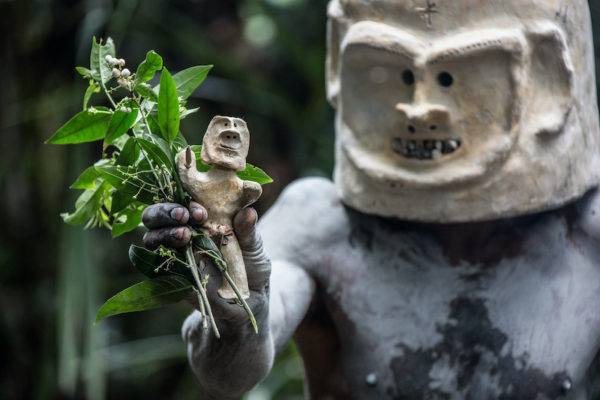
A world heritage site
In 2008, Kuk Swamp was officially recognised by UNESCO as one of the few places in the world where people independently developed agriculture.
Known as the Kuk Early Agricultural Site, it is the only UNESCO recognised world heritage site in Papua New Guinea, and one of only 37 in the Oceania region.
About Paga Hill Estate
Paga Hill Estate is a world-class, master-planned estate in the heart of Port Moresby, Papua New Guinea. The waterfront site is the first comprehensively planned multi-use development in Papua New Guinea to be enjoyed by both residents and visitors alike.
The all-inclusive development will include vibrant public spaces and waterfront promenade, luxury hotels, residential apartments, restaurants, retail, commercial space, a Trade, Exhibition & Cultural Centre, restoration of WWII relics, marina precinct and a nearby international cruise liner terminal.


